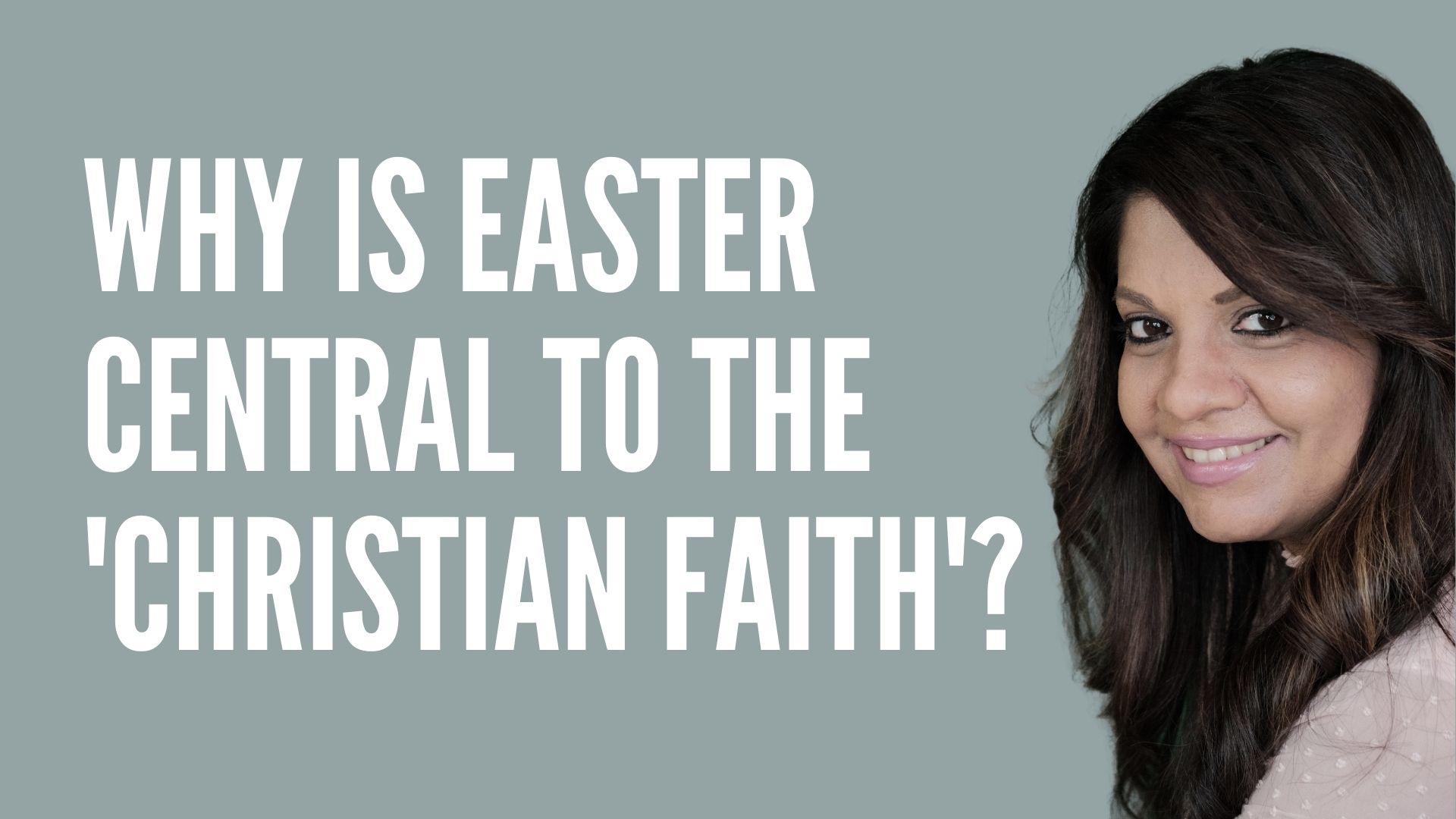PATRIS CORDE – THE YEAR OF SAINT JOSEPH
On the solemnity of the Immaculate Conception of the Blessed Virgin Mary celebrated on Dec. 8, 2020, Pope Francis issued an apostolic letter, Patris corde (“With a Father’s Heart”), to mark the 150th anniversary of the declaration of St. Joseph as patron of the universal Church. The consecration to St. Joseph couldn’t have come to us at a better time in history. Sr. Lucia dos Santos, the visionary of the Fatima apparitions, warned about Satan’s combat on the family unit. She wrote, “The final battle between the Lord and the kingdom of Satan will be about marriage and the family.” Therefore, who better to turn to than St. Joseph, who models true family values and can teach us how to protect our homes against the invasion of the evil one.
In Patris Corde, Pope Francis describes Saint Joseph as a beloved father, a tender and loving father, an obedient father, an accepting father; a father who is creatively courageous, a working father, a father in the shadows (Vatican News). Drawing from his life, the Holy Father invites us all to implore his intercession, imitate his virtues and seek his courage in a world where we desperately need it.
Here are a few reflections from Patris Corde that we can draw from, to learn about the fatherhood of St. Joseph and how we can implore his help for our life and our families.
His Fatherhood
Pope Francis writes, the greatness of St. Joseph is that he was the spouse of Mary and the father of Jesus. In this way, he placed himself, in the words of Saint John Chrysostom, “at the service of the entire plan of salvation” (Patris Corde no.1).
St. Joseph’s faith was not self seeking but integrated in the faith of Mary. Just like Mary’s willful fiat, Joseph’ yes was willful and intentional even though he did not understand God’s plan. Joseph welcomed his role as father and ‘protector’ because he was able to discern God’s voice and will for his life. He wasn’t removed from reality and was painfully aware of the implications of his choice to become the legal father of Jesus, at a time in history where names and identities were everything. But Joseph was willing to lose his own identity in order to embrace the divine appointment as ‘father’ by taking on God’s call, readily and willfully.
Taking a cue from The Shadow of the Father, a book by Polish writer Jan Dobraczyński, Pope Francis describes Joseph’s fatherhood towards Jesus as “the earthly shadow of the heavenly Father”. Our generation today significantly suffers the absence of godly fathers. If it is challenging to find fathers who truly embody the qualities of St. Joseph, it is because the world has deprived us of knowing Our Heavenly Father.
‘Go to Joseph’, Blessed Pope Pius IX reminds us, “Have recourse with special confidence to St. Joseph, for his protection is most powerful, as he is the patron of the universal Church.” In St. Joseph we are assured of an excellent father, who will not fail us to his fatherly duties to love, care and nurture. He is a father who recognizes the dangers threatening our families and protects them even at the cost of his life.
We live in a generation where we desire to know everything upfront. We also live in a culture where identities of the strong and popular are followed and imitated.
How often do we succumb to its seductive temptations and diminish our identity as a son and daughter? How often do we miss God’s glorious plan by wanting to have it our way?
His Obedience
Joseph is a man of very few words. It is his actions that demonstrate his obedience to God’s will when he accepted Mary unconditionally, even though he was deeply troubled by Mary’s mysterious pregnancy (Patris corde, no. 3). The bridegroom of Mary trusted in God, setting aside his own ideas and plans and reconciling himself with the will of the Heavenly Father. His obedience like Mary was not a passive or resigned acceptance but one that was courageously sought with all its contradictions, frustrations and disappointments. He promptly obeyed, without investigating the designs God had for him.
Joseph did not look for quick fixes but confronted his reality through dependence and trust in God. Patris Corde highlights ‘the creative courage’ of St. Joseph, which emerges especially in the way we deal with difficulties. “The carpenter of Nazareth,” explains the Pope, “was able to turn a problem into a possibility by trusting in divine providence.” The scriptures do not tell us how long Joseph and Mary remained in Egypt with the child Jesus. But we do know that Joseph would have had to deal with ‘the concrete problems’ his family faced. Because of this, he is deeply aware of the problems faced by our own families and desires to intervene like he did his own.
God entrusted Joseph to defend, protect and care for the child Jesus because of his obedience. It is this obedience that Joseph lived by and taught Jesus, giving him all the love he was capable of, teaching him to walk uprightly and to work with commitment.
Is our obedience to God a resigned acceptance? What is our response when God asks us to do something we are not prepared for?
His Toil
Joseph was a simple carpenter, who earned an honest living to protect his household. Pope Francis says, “St. Joseph greatly teaches us the importance of dignified work and the joy any labor gives when performed with integrity and honesty.”
Saint Joseph’s work reminds us that God himself, in becoming man, did not disdain work.
Joseph did not hesitate to use his gifts to provide and care for his household and neither did he withhold serving his community. Those who work, Pope Francis explains, “are cooperating with God himself, and in some way become creators of the world around us. A family without work is particularly vulnerable to difficulties, tensions, and estrangement and even break-up” (Patris corde, no. 6).
Much has been lost to the Covid-19 Pandemic. The loss of employment that has affected millions of lives serves as a summons to review our priorities, surrender our abilities to God and seek His divine intervention in these unprecedented times.
How can we use our gifts to serve others? Do we see dignity in every work? How do we treat those who are less fortunate than us?
Today more than ever, we need the intercession of St. Joseph for our fathers and for our families. This time in our history — a time of pandemic, terrorism, violence, strife and economic upheaval — is one of trying challenges. Who better than St. Joseph to help see us through? We need his guidance to steer the priorities of our families and elevate our morals in this secular materialistic culture. We need his virtues of humility, trust, submission and patience. We need his holiness and missionary zeal to recover lost ground, and win souls for Jesus Christ. Let us implore his help NOW!
St. Joseph, Pray for us!








